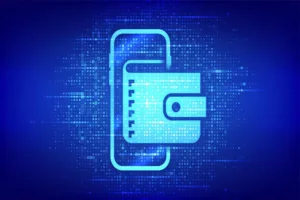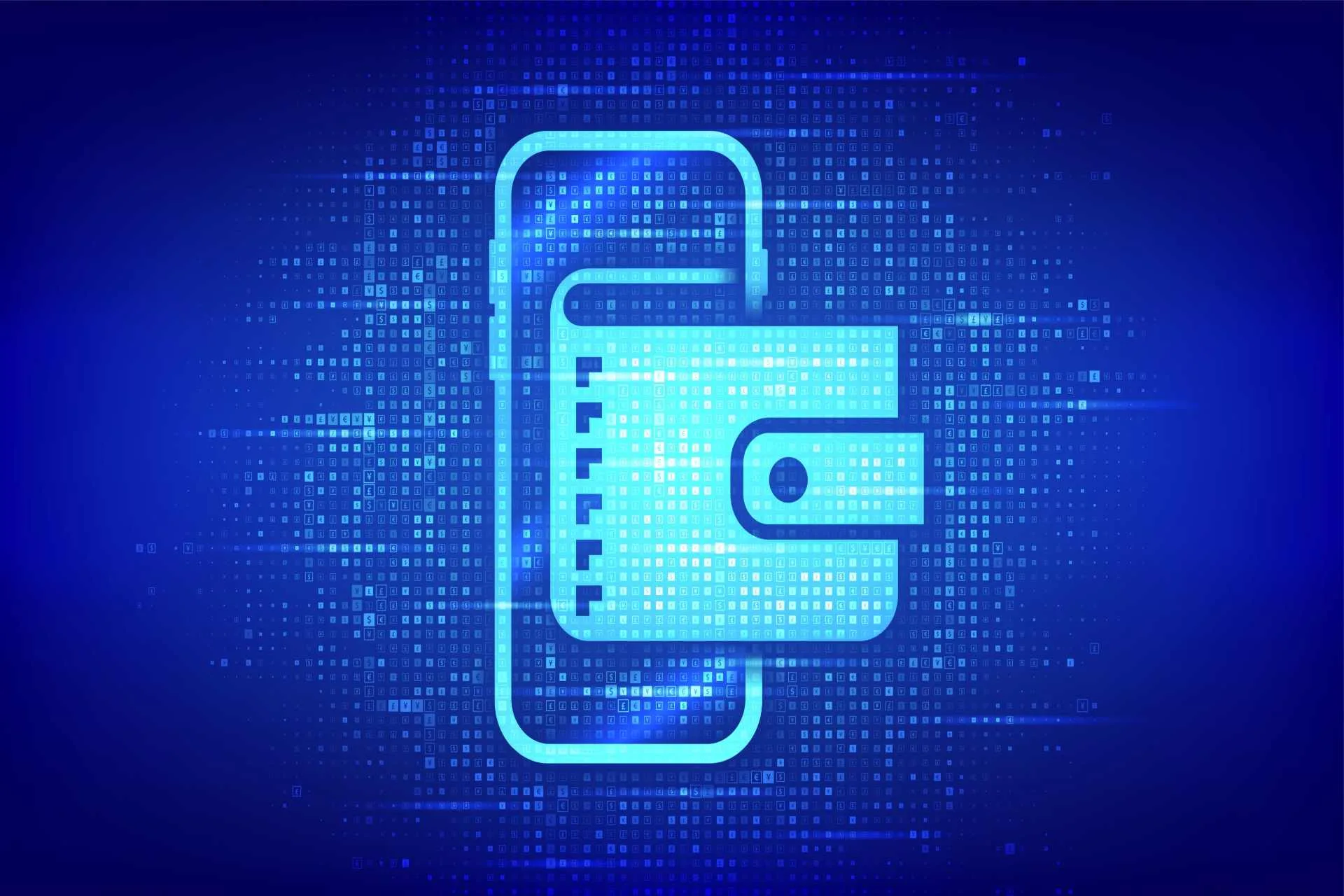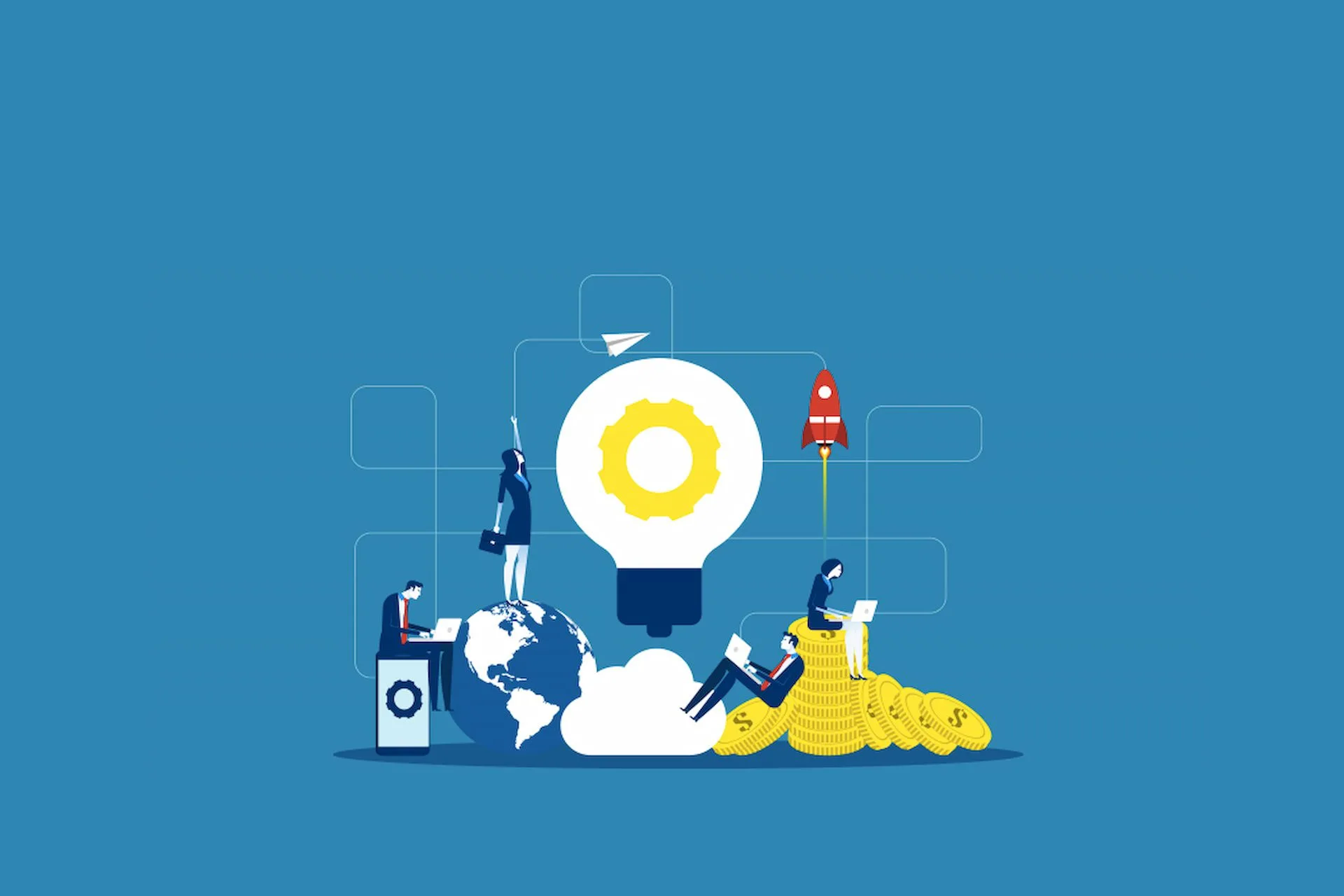In the cryptocurrency market, a crucial innovation has emerged to guarantee the anonymity of transactions: the Zero-Knowledge Proof (ZKP), also known as zero disclosure proof of knowledge. ZKPs also play an essential role in digital identity protocols. What is a ZKP, how does it work, and in what contexts can it be applied?
Understanding the Zero-Knowledge Proof concept
Zero-Knowledge Proof is a secure protocol between two parties: a proof provider and a verifier. The supplier shows the auditor that a proposition is true without giving any further information. In other words, imagine being able to prove your identity without ever revealing it.
Although the term “Zero-Knowledge Proof” is commonly associated with cryptocurrencies today, it was actually introduced in 1989 to describe cryptographic concepts. Since then, this evidence has become a field of study in its own right.
The way ZKP works may vary according to the situation, but the basic principle remains the same: to provide proof without revealing sensitive knowledge, such as an identity or password. For example, in the context of accessing a system, a person could demonstrate that he or she made the correct choice without disclosing how he or she did it. This may be due to knowledge or simply to luck. By repeating the operation several times, you can be sure that it’s not just a coincidence.
To ensure that no doubt remains, Zero-Knowledge Proofs are based on cryptographic procedures designed to certify that the person in question had the information required to unlock the protocol. This approach makes ZKP an extremely secure protocol, where the ingenuity of industry professionals is put to work to eliminate any risk of doubt.
Zero-Knowledge Proof and Digital Identity
ZKPs are of particular interest in the context of digital identity. Digital identities are based on maximum restriction of data sharing and dissemination, especially sensitive data such as personal information. ZKPs are the ideal solution for checking data without exposing it.
ZKP solutions guarantee full compliance with regulations such as the RGPD, as they are based on preserving data confidentiality. What’s more, they offer total transparency to the user within the framework of open protocols. Data is neither stored nor transferred, reinforcing the owner’s control over its use.
These secure cryptographic protocols make it possible to verify the authenticity of sensitive identity data without revealing it, reinforcing the relevance of blockchain technology in digital identity management.
Zero-Knowledge Proofs can also be used to verify the age or majority of a user, who should not need to transmit all the information on an ID card to the verifier in order to access a service. In practice, we can simply indicate “yes, age is over 18” without even revealing a date of birth or the user’s precise age.
In conclusion, these Zero-Knowledge Proofs are of direct interest in the field of authentication, and have the potential to be applied in many areas. They will be used more and more in the future. It is therefore essential to understand this concept, as it offers data protection possibilities for both individuals and companies. Thanks to it, proof of identity or knowledge of protected data can be provided without ever revealing it, thus significantly reinforcing security and confidence.








